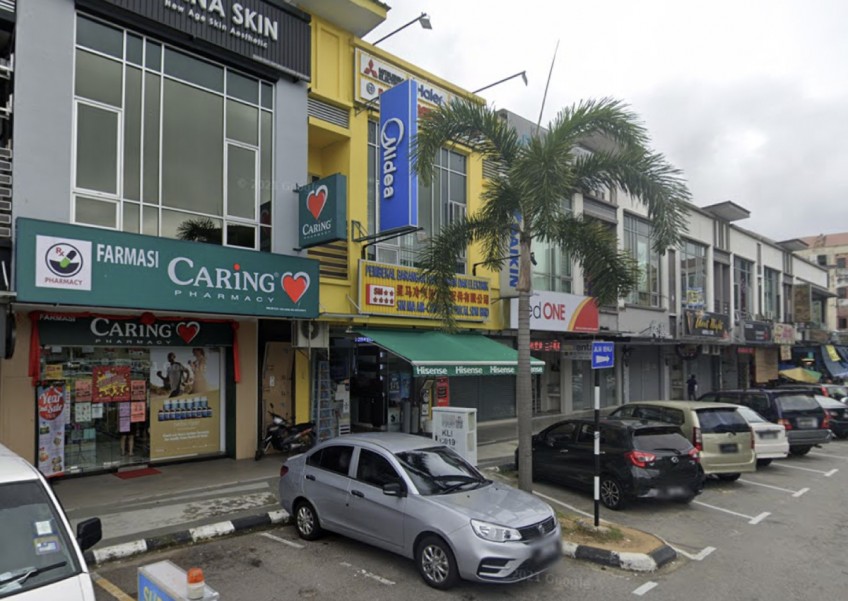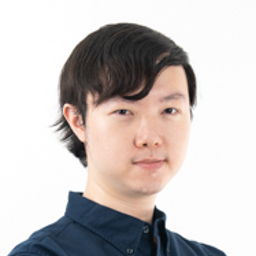Some Singaporeans are heading to Malaysia for cheaper medicine. But is it safe?


 PUBLISHED ONFebruary 01, 2024 3:01 AMByKhoo Yi-Hang
PUBLISHED ONFebruary 01, 2024 3:01 AMByKhoo Yi-HangIt's a given that many things you can find in Singapore can be found in Malaysia, albeit cheaper - but is there a risk in purchasing your medicine there?
It seems that some Singaporeans have been regularly heading over to Johor Bahru for cheaper medication, according to an episode of Talking Point by CNA uploaded to YouTube on Tuesday (Jan 30).
Guest content creator and real estate advisor Ryan Khoo shared on that episode that he found out about this when a friend requested him to buy medicine from a JB pharmacy.
"Later on, I realised that actually quite a lot of people do it," Khoo said. "Either they buy it for themselves or for their parents."
In the episode, CNA host Steven Chia and Khoo travelled to Malaysia and were able to purchase some medicine from pharmacies there without a doctor's prescription. Over in Singapore, one would need a prescription to buy those drugs.
And furthermore, they were cheaper up north.
For example, blood pressure medicine Micardis, which costs about $53 in Singapore a box, costs RM62 (S$17.80).
Lipitor costs RM108 (S$31.03) whereas in Singapore it would set you back $76.
The common Ventolin inhaler would usually cost Singaporeans $21, but it can be bought in Malaysia for RM24 (S$6.90).
Speaking with AsiaOne, Lim, a senior lecturer in his 40s, shared that he gets his cholesterol and fatty liver medication from Malaysia as it's "much cheaper" and the "efficacy seems to be the same".
This Singaporean said he gets his medication alongside his grocery trips up north, so it's convenient for him.
Typically, Lim buys the same brands and stocks up about three months' worth of medicine. And because the brands are the same, he feels safe purchasing them.
"Typically, the medication can be cheaper by 40 to 50 per cent," he added.
Explaining the large difference in price between medication in Malaysia and in Singapore, Nikki Ng, a senior editorial manager for the Monthly Index of Medical Specialties (MIMS), shared one key factor aside from the exchange rate: stiff competition.
"Sometimes in the same street, you will have at least three to four pharmacies, and they can be from large chain groups or individual pharmacies.
"When there is so much competition, the pharmacies would then enter a price war to drop the price just to make sure customers come back," she told CNA.
Being able to purchase these drugs without a proper prescription could also be a result of these pharmacies' competitiveness, according to Kenneth Lee, Professor of Health Economics at Taylor's University's School of Pharmacy.
He added: "If you don't sell the medicine to the patient, they simply walk next door. You lose business, and you may not be able to survive… that's the real-life situation here."
While the differences in prices between Malaysia and Singapore medication is abundantly clear, patients can choose to save even more - if they dare.
Ng introduced host Chia to generic medicines, the equivalent of well-known drugs sans the brand attached to it.
Generic medicines are supposed to have active ingredients identical to branded medicines and should have the same effect on patients consuming it.
For instance, Lipitor, which is already a steal at RM108, can be bought at RM13 instead, CNA reported.
Host Chia also put some of these generic medicines to the test - literally, with a laboratory test back in Singapore - and discovered that some of them do hold up to household brand equivalents.
What failed to hold up was instead some medication he bought from online shops in Malaysia as they lacked in potency - perhaps due to the treatment of the medicine during storage and transport, Alexandra Hospital's senior hospital pharmacist Golda Wang surmised.
And when it's less potent, it's less effective and will be less useful, she added.
However, she also told CNA that prescription medication requires a doctor's prescription "for good reason" - a doctor is needed for monitoring purposes and to determine "safe use".
Giving an example, Wang said: "When you get a refill for cholesterol-lowering medication, you don't really sense whether your cholesterol is high or low… you're not able to tell on your own whether it's working or not."
[embed]https://www.youtube.com/watch?v=V1sWFzpuwwU[/embed]
According to HealthHub, there are risks when it comes to the buying of medicines from dubious or unknown websites.
"Laboratory tests have revealed that health products bought online may contain banned and dangerous additives," it said.
"There have also been instances of counterfeit medicines containing no or wrong active ingredients, or expired products being sold to unsuspecting buyers."
The Health Sciences Authority has stipulated that travellers are allowed to bring common medications into Singapore so long as the quantity does not exceed more than three months' supply.
Above that, approval from the HSA is required. For a list of other drugs that needs HSA approval, refer to their website.
Applications are reviewed and approved on a case-by-case basis. The HSA also urges travellers to submit their applications two weeks prior to arrival in Singapore.
khooyihang@asiaone.com